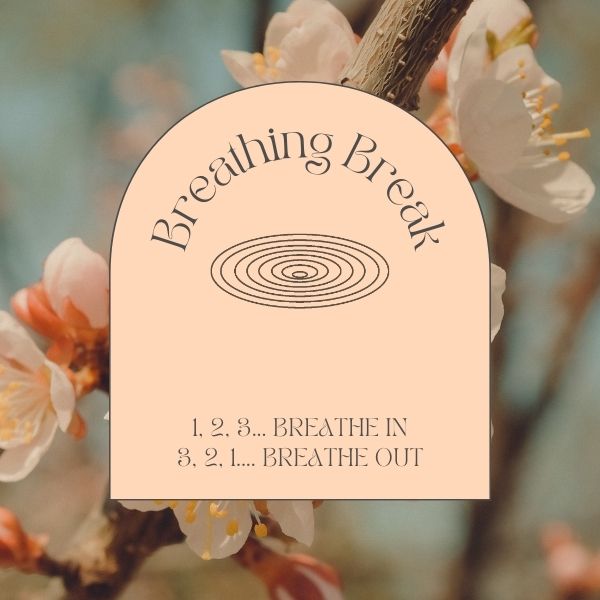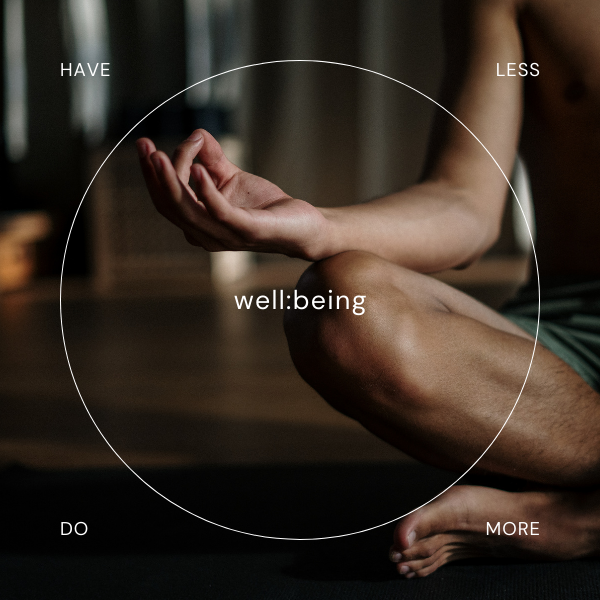Feeling overwhelmed, stressed, or anxious?
Searching for ways to improve your mood, sleep better, and enhance your cognitive abilities?
Meditation may be your answer.
It’s an ancient practice offering a wide range of benefits for the mind and body.
In this comprehensive guide, we will delve into the advantages of meditation, its mechanisms, and how you can begin incorporating it into your life.

What is meditation?
Meditation is a practice that involves focusing or clearing your mind using various mental and physical techniques.
Originating from Hindu, Buddhist, Zen/Chan, and Taoist communities, meditation has gained popularity in the Western world.
There are different types of meditation, each serving specific purposes. Some meditate to relax and reduce anxiety and stress, while others employ meditation to improve their overall lifestyle.
How does meditation work?
While someone engaged in meditation may appear to be doing nothing more than breathing or repeating a sound or phrase, the internal processes occurring in their brain tell a different story.
Modern diagnostic and imaging techniques, such as electroencephalography (EEG) and functional magnetic resonance imaging (fMRI), have revealed that meditation positively affects the brain and mental health.

Within your brain are billions of neurons, specialized cells that transmit signals to one another using electrical and chemical impulses. Neurons connect with thousands of others, forming networks across different brain regions. These networks contribute to different brain areas, each with its own functions and specialties.
Numerous research studies have found that regular meditation leads to structural changes in the brain. These changes typically involve increased density of brain tissue or larger areas than expected, indicating stronger and more abundant connections between neurons.
The benefits of meditation
Meditation has been shown to offer many benefits. Although it is widely recognized for its stress reduction capabilities, research indicates it can enhance mood, promote healthy sleep patterns, and boost cognitive skills.
Let’s take a closer look at the top 10 benefits of meditation:

Reduces stress and anxiety
Meditation is renowned for its stress-reduction properties.
One review supports the claim that meditation effectively reduces stress. Mental and physical stress typically elevate cortisol levels, the stress hormone, and trigger harmful effects such as releasing inflammatory chemicals called cytokines. These effects can disrupt sleep, contribute to depression and anxiety, increase blood pressure, and impair cognitive function.
However, an eight-week study on mindfulness meditation demonstrated a reduction in the inflammatory response caused by stress.
Moreover, research suggests that meditation can alleviate symptoms of stress-related conditions like irritable bowel syndrome, post-traumatic stress disorder, and fibromyalgia.
Enhances mood
Meditation has been shown to improve mood by reducing symptoms of depression and anxiety. This can be attributed to the impact of meditation on the amygdala, the brain region responsible for processing fear and anxiety.
In fact, one study revealed that mindfulness-based stress reduction was as effective as an antidepressant in treating major depressive disorder.
Additionally, meditation reduced symptoms of anxiety and depression in patients with generalized and social anxiety disorder.

Promotes healthy sleep patterns
Meditation reduces insomnia and improves sleep quality. It can help establish healthy sleep patterns.
Boosts cognitive skills
Meditation may enhance cognitive abilities such as attention, memory, and decision-making.
Studies have concluded that mindfulness meditation improves working memory capacity and executive functioning.
Increases pain tolerance
Meditation can increase pain tolerance by reducing activity in the anterior cingulate cortex, the brain region responsible for processing pain.
Mindfulness meditation, in particular, reduces pain severity and disability in patients with chronic low back pain.
Lowers blood pressure
Meditation can effectively lower blood pressure by reducing activity in the sympathetic nervous system, which is responsible for the “fight or flight” response.
Transcendental meditation, for instance, has been found to lower blood pressure in patients with hypertension.

Improves immune function
Through its ability to reduce inflammation and enhance immune system activity, meditation can improve immune function.
Reduces symptoms of PTSD
Meditation can alleviate symptoms of post-traumatic stress disorder (PTSD) by reducing amygdala activity and increasing activity in the prefrontal cortex, the brain region responsible for emotion regulation.
Improves digestive function
A scientific study revealed that mindfulness-based stress reduction reduced irritable bowel syndrome (IBS) symptoms in patients, leading to improved digestive function.
Enhances self-awareness
Meditation can enhance self-awareness by improving insight and mindfulness.

How to get started with meditation?
Now that you know the numerous benefits of meditation, you may be wondering how to begin incorporating it into your daily life.
Luckily, there are various types of meditation to choose from, allowing you to find a practice that resonates with you.
Here are some common types of meditation:
- Mindfulness Meditation
- Transcendental Meditation
- Loving-Kindness Meditation
- Chakra Meditation
- Yoga Meditation
To start your meditation practice, find a quiet and comfortable place to sit or lie down. Set a timer for 5-10 minutes, and focus your attention on your breath.
When your mind inevitably wanders, gently bring your focus back to your breath. As you progress, you can gradually increase the duration of your meditation sessions.
Additional tips for successful meditation
Practice regularly
Consistency is vital in meditation. Aim to meditate at the same time each day to establish a habit.
Be patient
Meditation is a skill that improves with practice. Don’t expect immediate results; stay committed, and you will experience the benefits over time.
Be kind to yourself
It is normal for your mind to wander during meditation. Do not judge yourself for it; simply acknowledge the wandering and gently guide your focus back to your breath.

Experiment with different types of meditation
Explore various meditation techniques to find the one that suits you best.
Seek guidance
If you are new to meditation, consider seeking guidance from a teacher or mentor who can help you get started and address any questions.
Takeaway
Meditation is a powerful tool for reducing stress, improving mood, enhancing sleep quality, and boosting cognitive abilities.
With its wide range of meditation types, finding a practice that resonates with you is easily achievable.
Remember to be patient, kind to yourself, and consistent in your meditation practice, and you will begin to experience the remarkable benefits in due time.


